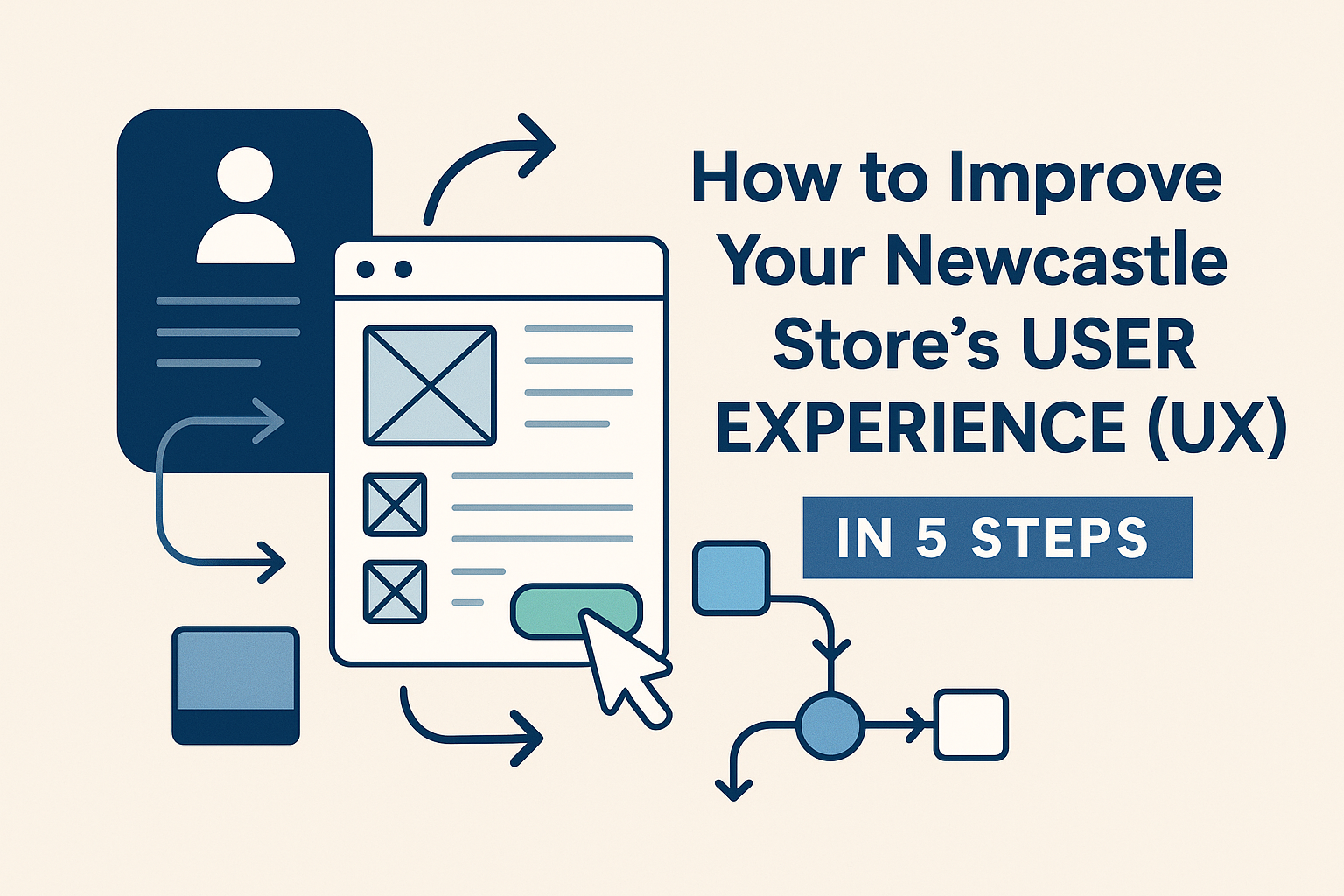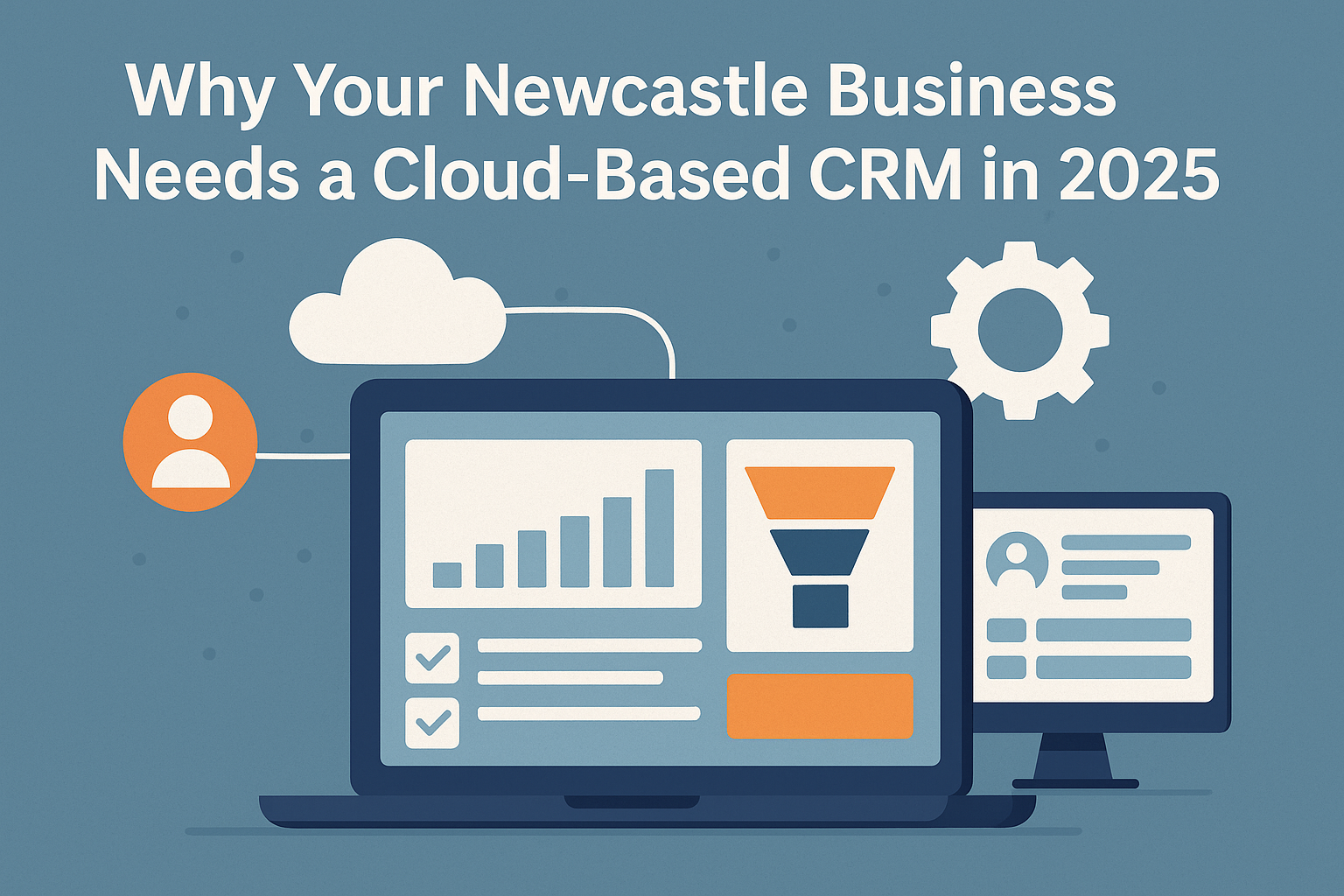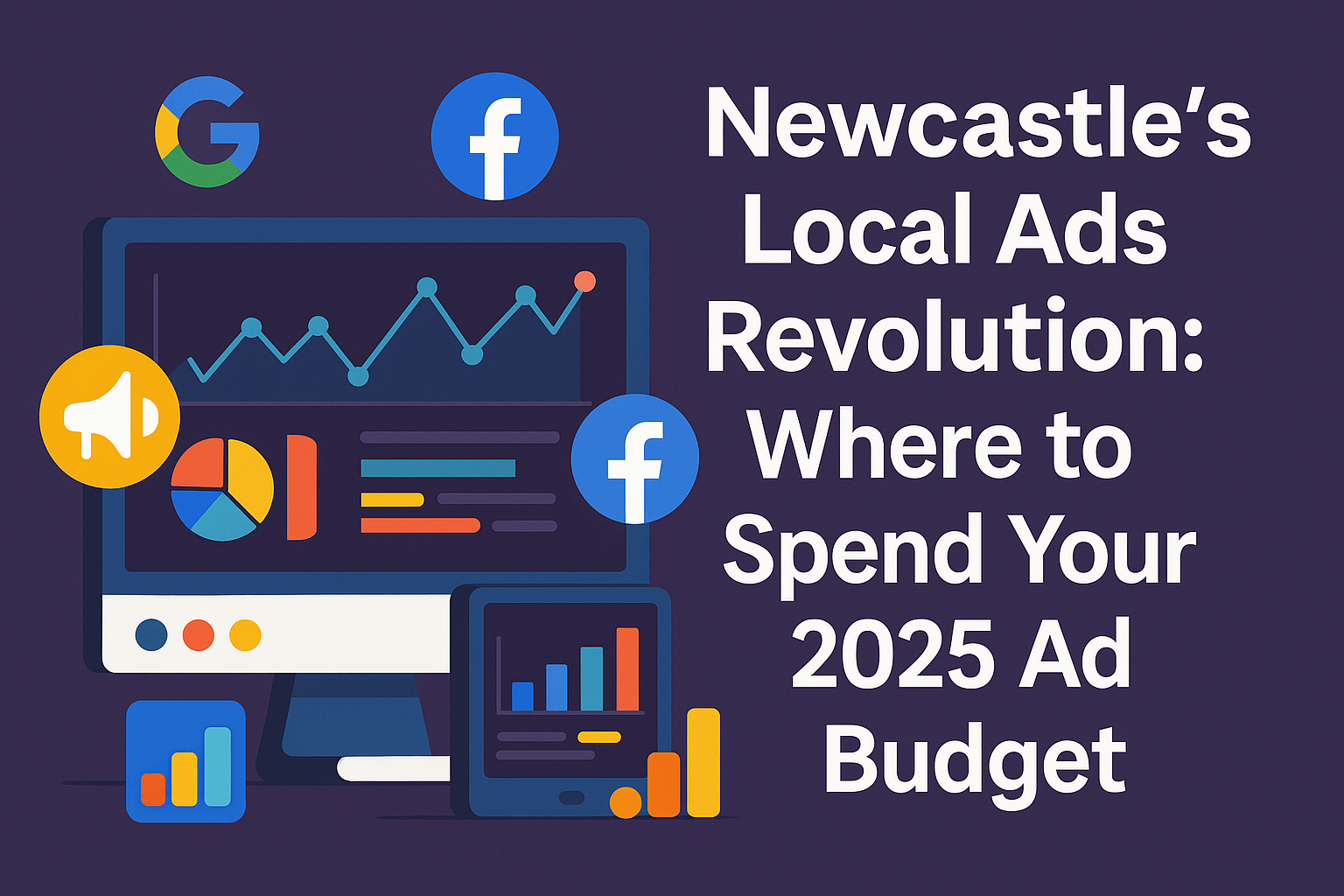- sales@robatodigitals.com
- 124 Westwood Dr, Burnside VIC 3023
SEO Tools: Navigating the Landscape of Digital Marketing Solutions

SEO Tools: Navigating the Landscape of Digital Marketing Solutions
In the dynamic realm of digital marketing, search engine optimization (SEO) tools have become indispensable for businesses striving to enhance their online presence. These tools offer insights, analytics, and actionable data that empower marketers to optimize their strategies. Navigating the vast landscape of SEO tools requires a keen understanding of the diverse solutions available. In this article, we explore the key categories of SEO tools and their significance in shaping successful digital marketing campaigns.
Keyword Research Tools:
Keyword research forms the bedrock of any SEO strategy. Tools like Google Keyword Planner, SEMrush, and Ahrefs empower marketers to identify relevant keywords, assess search volumes, and gauge competition. By understanding the language users employ when searching for products or services, businesses can tailor their content to align with customer intent.
On-Page SEO Tools:
Ensuring that web pages are optimized for search engines is critical for ranking success. On-page SEO tools like Yoast SEO and Moz analyze content for factors such as keyword density, meta tags, and readability. These tools provide actionable recommendations to improve the on-page elements and enhance overall website performance.
Backlink Analysis Tools:
Backlinks are crucial for establishing a website's authority. Tools like Majestic, Ahrefs, and Moz's Link Explorer help marketers analyze their backlink profile, identify high-quality backlinks, and monitor link-building efforts. Understanding the link landscape is vital for devising effective off-page SEO strategies.
Technical SEO Tools:
Technical SEO focuses on optimizing the technical aspects of a website for search engines. Tools like Screaming Frog and Google Search Console assist in identifying crawl errors, broken links, and issues with site structure. By resolving technical issues, websites can provide a smoother user experience and improve search engine rankings.
Rank Tracking Tools:
Monitoring keyword rankings is essential for evaluating the effectiveness of SEO efforts. Rank tracking tools like AccuRanker and SERPWatcher provide real-time data on keyword positions in search engine results pages (SERPs). Regular tracking enables marketers to adapt their strategies based on fluctuations in rankings.
Content Optimization Tools:
Creating high-quality, relevant content is a cornerstone of SEO. Content optimization tools such as Surfer SEO and Clearscope analyze existing content and provide recommendations for improving relevance, structure, and depth. These tools ensure that content aligns with user intent and search engine algorithms.
Local SEO Tools:
For businesses targeting local markets, local SEO tools are indispensable. Google My Business, Moz Local, and BrightLocal help manage and optimize local business listings. This ensures accurate information across online directories, enhances local visibility, and increases the chances of appearing in local search results.
Competitor Analysis Tools:
Understanding the strategies of competitors is key to staying ahead in the digital landscape. Tools like SpyFu and SEMrush's Competitive Analysis provide insights into competitor keywords, ad strategies, and backlink profiles. This information aids in refining and strengthening one's own SEO approach.
Analytics and Reporting Tools:
Measuring the impact of SEO efforts is crucial for refining strategies. Google Analytics and tools like Data Studio help marketers track website traffic, user behavior, and conversion metrics. By analyzing these data points, marketers can make informed decisions to optimize their campaigns.
AI-Powered SEO Tools:
Artificial intelligence (AI) is increasingly integrated into SEO tools, offering advanced analytics and predictive insights. Tools like MarketMuse leverage AI to analyze content gaps, provide semantic insights, and enhance overall content quality.
Conclusion:
In the rapidly evolving landscape of digital marketing, SEO tools play a pivotal role in navigating the complexities and optimizing strategies for success. Businesses must leverage a combination of these tools to gain a holistic view of their online presence, from keyword research and on-page optimization to backlink analysis and local SEO. By staying abreast of industry trends and harnessing the power of diverse SEO tools, marketers can not only improve search engine rankings but also deliver a seamless and valuable experience to their target audience. The synergy between human expertise and technological solutions is the key to unlocking the full potential of SEO in the digital era.







